With a rise in COVID-19, seasonal colds, flu and other respiratory infections in our communities, this guidance is to help you manage your child’s illness.
KEY WELLNESS INDICATORS
Find reliable information on how to manage colds and flus on KidsHealth and Health Navigator.
Information about health and wellbeing of tamariki and rangatahi – KidsHealth
Health information for New Zealanders – Health Navigator
COVID-19 GUIDANCE
If your child:
Find detailed information about COVID-19 symptoms on the Ministry of Health and Unite Against COVID-19 websites.
About COVID-19 – Ministry of Health
Information about COVID-19 – Unite Against COVID-19
HOW TO KNOW IF YOUR CHILD SHOULD STAY AT HOME
IDEAS FOR KEEPING CHILDREN HEALTHY THIS WINTER
Follow this guidance to help keep children and whānau stay healthy during the winter months.
Provide children with healthy and nutritious food to eat. Healthy eating supports immunity and helps our bodies to work well and feel good.
Food, activity and sleep – Ministry of Health
Support children to get enough sleep. Sleep is important for restoring energy, maintaining mental and physically wellbeing, learning, and aiding healthy growth and development.
Helping young children sleep better – Ministry of Health
Encourage and create opportunities for children to be active. Being active at home, at school, at play during the weekends and in the community helps children maintain good health and wellbeing.
Activities for children and young people – Ministry of Health
It is a good idea to encourage children to play outdoors – they just need to be dressed warmly during the winter months.
Being outdoors helps to boost children’s immune systems through exposure to fresh air and enables them to make vitamin D from exposure to the sun.
ACCESS TO FREE FACE MASKS
More masks are being provided in the community to help stop the spread of COVID-19. You do not need to have COVID-19 or have COVID-19 symptoms to get free masks.
Both medical masks and P2/N95 particulate respirator masks are available (with people at higher risk of severe illness being prioritised for P2/N95 masks).
Find out about higher risk people:
Higher risk people – Ministry of Health
You can get free face masks by:
To order RATs online visit the Ministry of Health website.
Rapid antigen testing (RAT) – Ministry of Health
Alternatively, if you’re unable to order RATs online or visit a participating healthcare provider in person, call 0800 222 478 and select option 3.
For a list of testing locations with free face masks visit the Health Point website.
COVID-19 testing – Health Point
KEY WELLNESS INDICATORS
- Healthy young children can have up to 8 to 12 colds or upper respiratory tract infections each year. These are a normal part of childhood.
- A child must stay at home if they appear unwell or if they develop any of these symptoms: new runny nose, sore throat, cough, fever, vomiting, diarrhoea, rash, they are off their food and drink or show signs of feeling miserable.
- If a child becomes increasingly unwell and/or you are concerned about them, call your GP or Healthline on 0800 611 116. A child who is refusing to drink anything is likely to be very unwell.
- If an in-person appointment is required, follow your GP’s processes, which will include everyone wearing a mask if they can safely and practically do so.
- If you or a child you are caring for develops difficulty breathing, severe chest pain, fainting or becomes unconscious, call 111 immediately.
Find reliable information on how to manage colds and flus on KidsHealth and Health Navigator.
Information about health and wellbeing of tamariki and rangatahi – KidsHealth
Health information for New Zealanders – Health Navigator
COVID-19 GUIDANCE
- If your child has COVID-19 symptoms, the child and anyone in their household with similar symptoms should be tested for COVID-19.
- If any household members are COVID-19 positive, other household members are at high risk of becoming infected. Everyone must isolate for at least seven days from the day that the first person receives their positive test result or becomes symptomatic (whichever is earliest).
- All household contacts, including children, need to take a rapid antigen test (RAT) on day three and day seven, or sooner if they develop symptoms. A person who has had COVID-19 in the past 90 days, does not need to isolate again as a household contact.
- Anyone who experiences symptoms 29 days or longer after previous COVID-19 infection should test and will need to isolate if they test positive.
If your child:
- has been isolating with COVID 19 and is feeling well after seven days, they can return to school
- continues to be unwell and/or has symptoms after their seven-day isolation period has ended, they should remain at home to recover until 24 hours after their symptoms end
- still feels unwell or their symptoms are worsening after ten days, they should not return to school. Call your GP or Healthline on 0800 611 116 for medical advice.
Find detailed information about COVID-19 symptoms on the Ministry of Health and Unite Against COVID-19 websites.
About COVID-19 – Ministry of Health
Information about COVID-19 – Unite Against COVID-19
HOW TO KNOW IF YOUR CHILD SHOULD STAY AT HOME
- If a child has been unwell with a respiratory illness other than COVID-19, they can return to their school 24 hours after they have significantly improved and are behaving/eating normally.
- Following vomiting or diarrhoea, a child should be symptom free for 48 hours before they can return.
- If a child still has a runny nose or dry cough without any other symptoms such as a fever, vomiting or diarrhoea, they are unlikely to be infectious and could be considered well enough to attend school.
- In general, a doctor’s certificate or clearance should not have to be provided for a child to go back to their early learning service/education facility after being unwell.
- Any child who has a runny nose after a change in temperature – for example, moving from outdoors to indoors – or sneezes due to obvious stimuli (such as the sun or dust) does not need to be sent home.
- Hay fever and other allergies can show similar symptoms to the common cold such as sneezing, a runny or stuffy nose and coughing. If a child has a history of allergic symptoms and shows one or more of these symptoms, or an itchy face (especially around the eyes or throat), consider if hay fever or an allergy could be the cause. You may want to check with the child’s caregiver to confirm.
IDEAS FOR KEEPING CHILDREN HEALTHY THIS WINTER
Follow this guidance to help keep children and whānau stay healthy during the winter months.
Provide children with healthy and nutritious food to eat. Healthy eating supports immunity and helps our bodies to work well and feel good.
Food, activity and sleep – Ministry of Health
Support children to get enough sleep. Sleep is important for restoring energy, maintaining mental and physically wellbeing, learning, and aiding healthy growth and development.
Helping young children sleep better – Ministry of Health
Encourage and create opportunities for children to be active. Being active at home, at school, at play during the weekends and in the community helps children maintain good health and wellbeing.
Activities for children and young people – Ministry of Health
It is a good idea to encourage children to play outdoors – they just need to be dressed warmly during the winter months.
Being outdoors helps to boost children’s immune systems through exposure to fresh air and enables them to make vitamin D from exposure to the sun.
ACCESS TO FREE FACE MASKS
More masks are being provided in the community to help stop the spread of COVID-19. You do not need to have COVID-19 or have COVID-19 symptoms to get free masks.
Both medical masks and P2/N95 particulate respirator masks are available (with people at higher risk of severe illness being prioritised for P2/N95 masks).
Find out about higher risk people:
Higher risk people – Ministry of Health
You can get free face masks by:
- picking them up from testing centres and collection points alongside your free rapid antigen tests (RATs)
- visiting a participating pharmacy
- talking to a participating GP or alternative community healthcare provider.
To order RATs online visit the Ministry of Health website.
Rapid antigen testing (RAT) – Ministry of Health
Alternatively, if you’re unable to order RATs online or visit a participating healthcare provider in person, call 0800 222 478 and select option 3.
For a list of testing locations with free face masks visit the Health Point website.
COVID-19 testing – Health Point
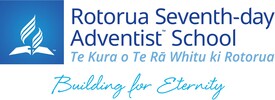
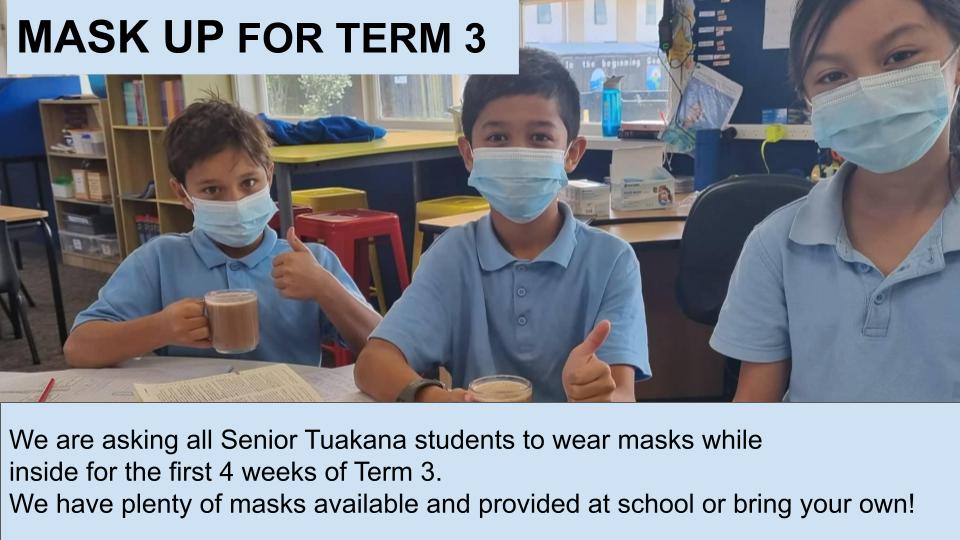
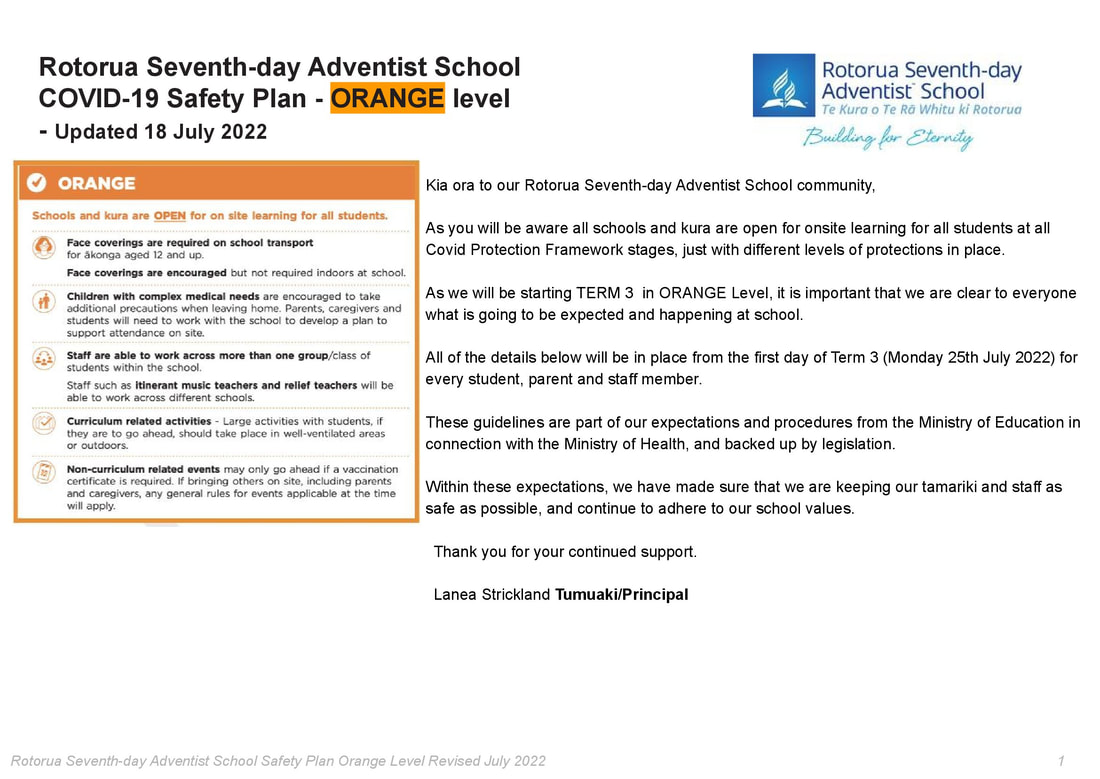
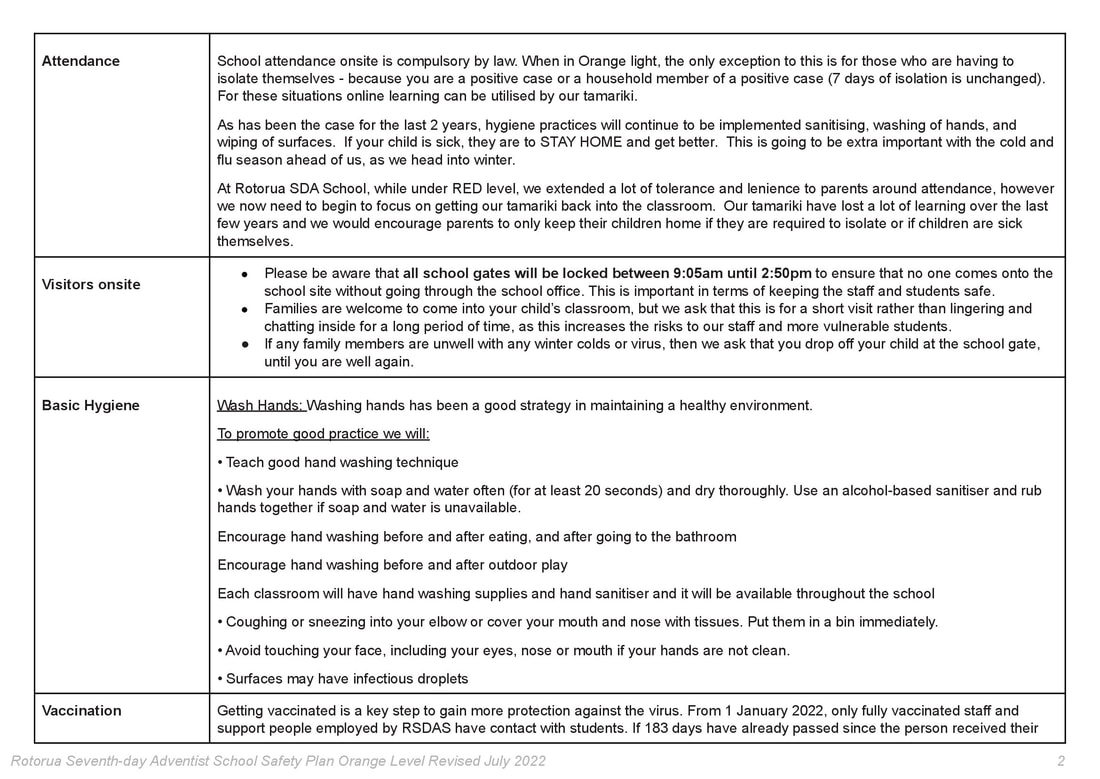
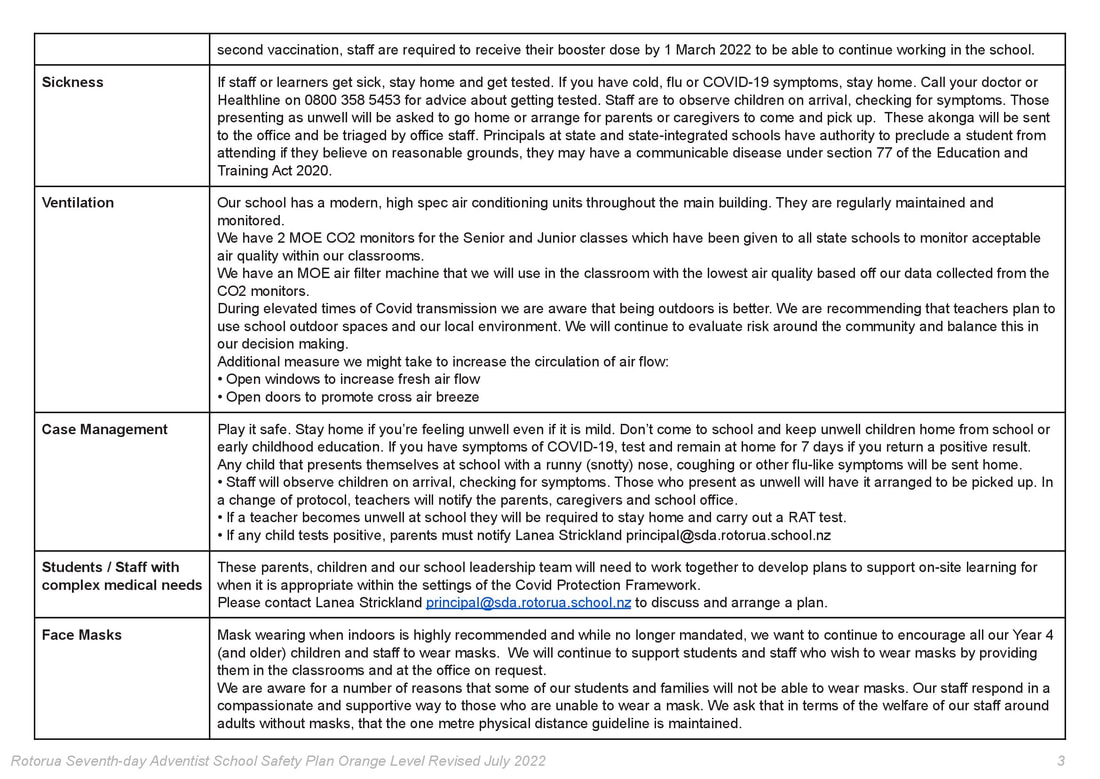
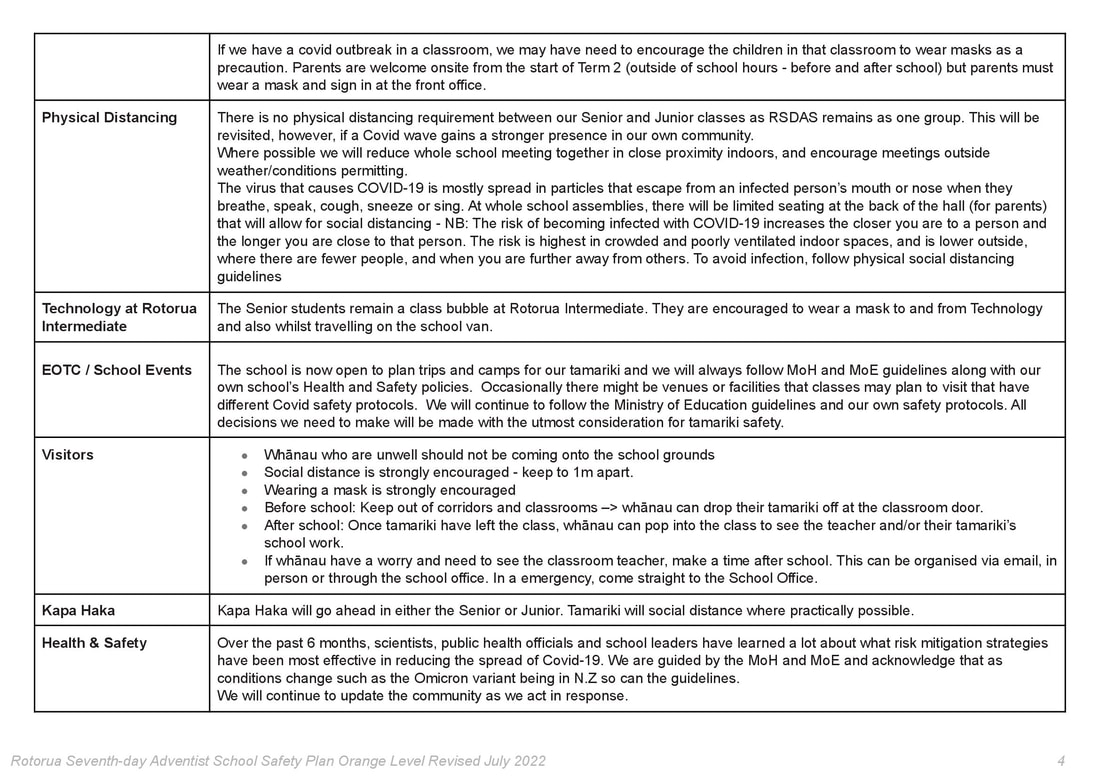
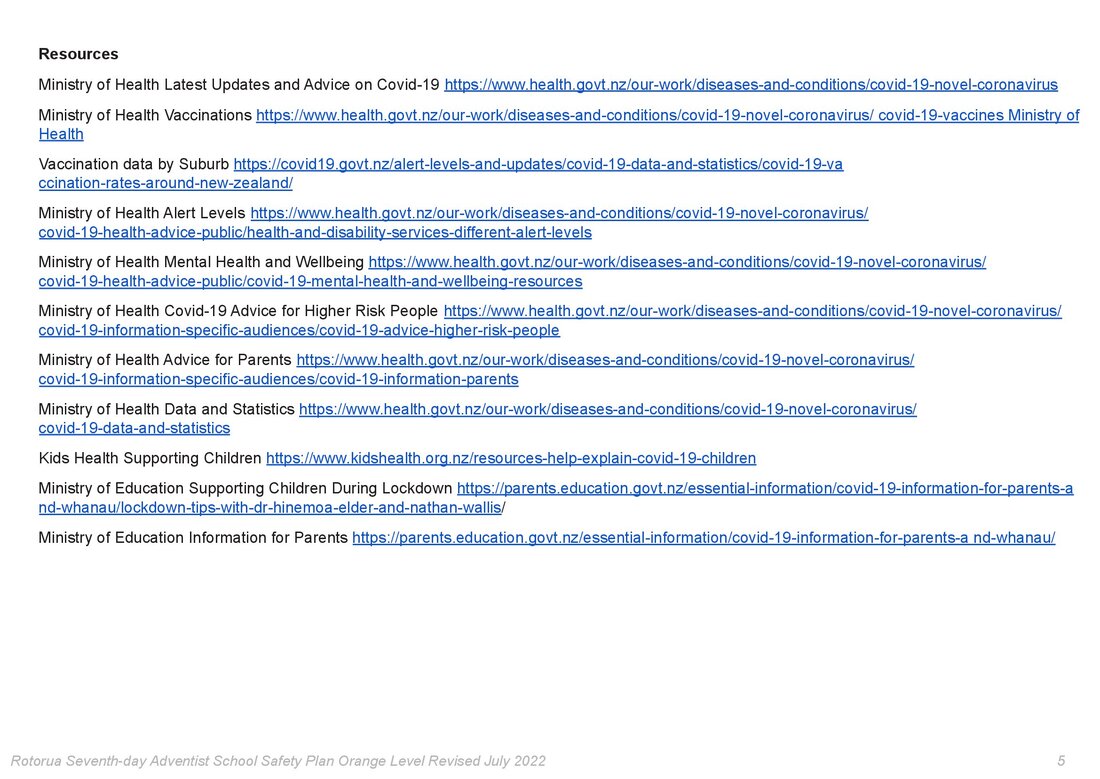
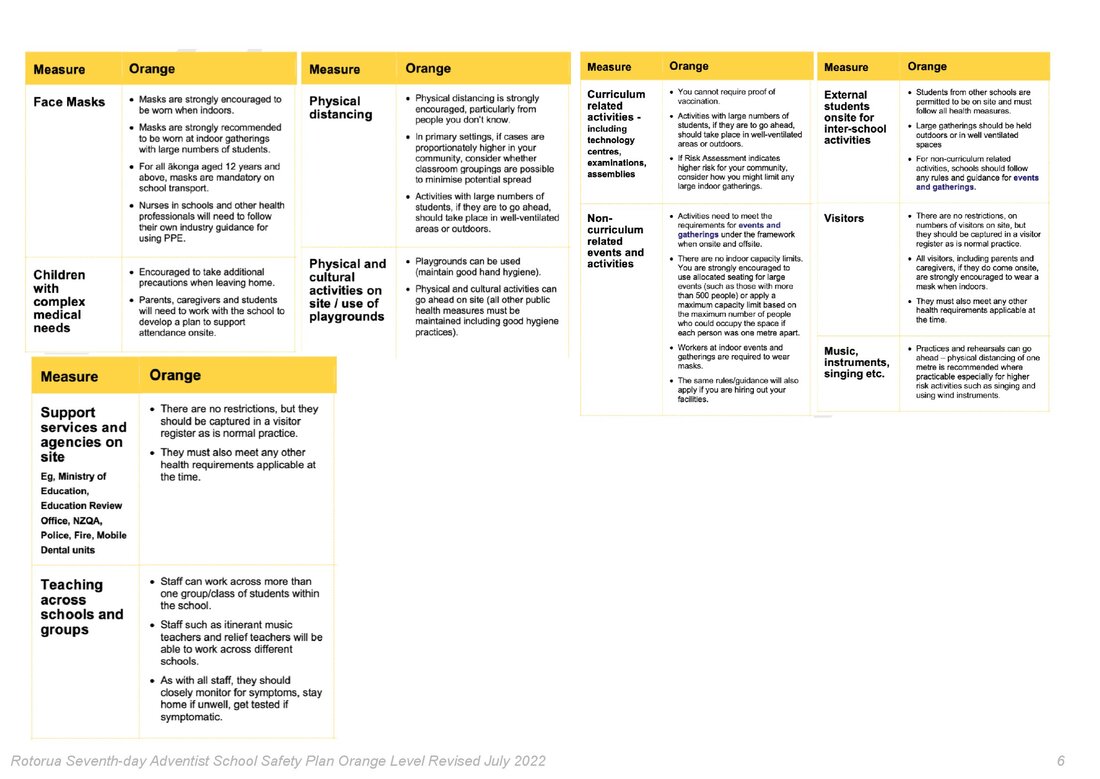
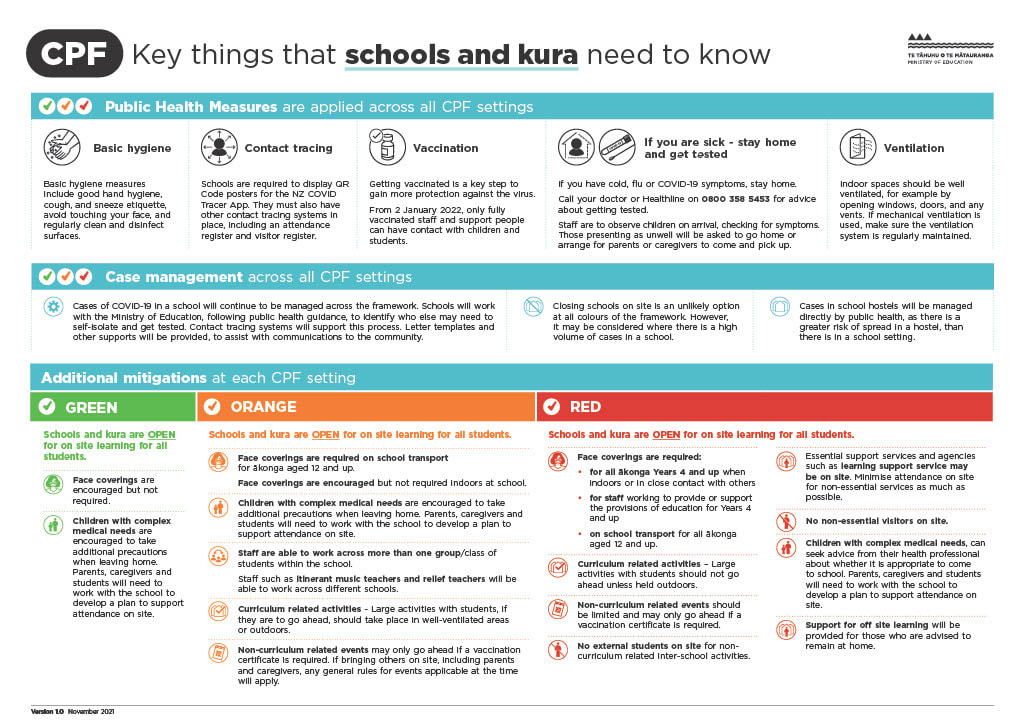
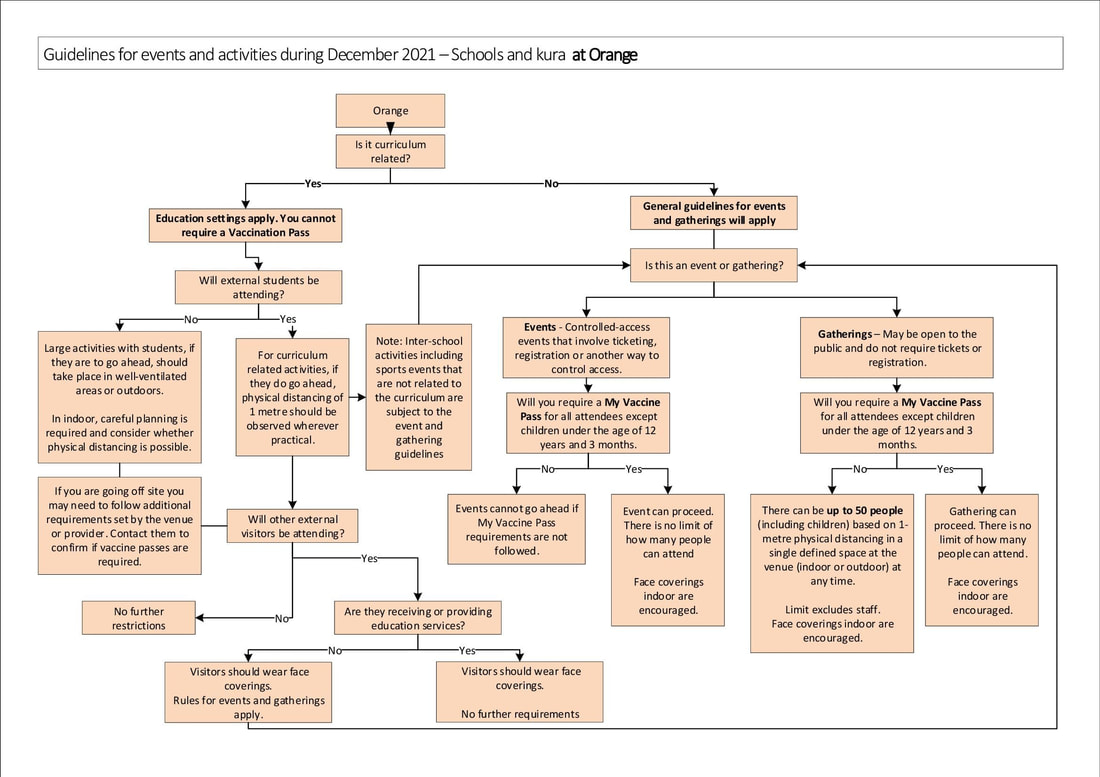
 RSS Feed
RSS Feed
